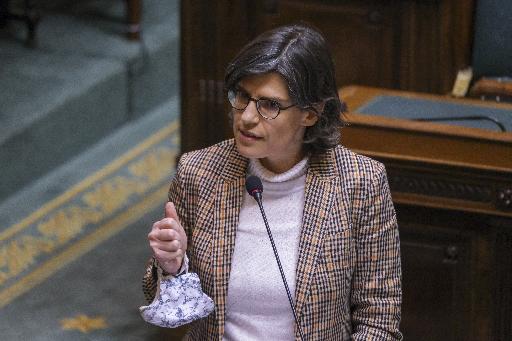Belgium's Council of Ministers approved the legal framework to organise the country's nuclear phase-out, and decided on the auction volume, on Friday.
On 11 March, the Chamber approved the bill adapting the Capacity Remuneration Mechanism (CRM) approved during the previous legislature. The new bill takes into account a resolution passed last summer by a large majority.
The CRM organises a system of electricity production capacity auctions to phase out nuclear power in 2025. In October, about 2.3 GW of new capacity will be auctioned during the first action. This concerns two to three gas-fired power plants.
By then, the European Commission will, in principle, have given its opinion on the compatibility of the MRC with the rules on state aid.
Related News
- Record year for new renewable energy capacity worldwide
- Belgium could be producing too much electricity on 1 out of every 4 weekends
- Flanders' largest onshore wind farm operational
Previously, Prime Minister Alexander De Croo's federal government had already confirmed the closure of all seven Belgian nuclear power plants by 2025.
"Five of the seven nuclear reactors cannot stay open anyway, as they are too old and too expensive to guarantee their safety any longer," said Federal Energy Minister Tinne Van der Straeten on Friday.
According to her, the need for new flexible energy infrastructure is separate from the closure of the last two nuclear power plants.
"Today, offshore wind turbines are switched off when the wind blows, because they produce too much electricity and lack flexibility," she said. "It is the world upside down."
"By 2030, almost half of our energy production will be from renewables," Van der Straeten added. "That is double what we have today."
Additionally, more renewable energy means that Belgium needs flexible back-up energy sources, which can be switched on and off when there is a lot or little sun and wind, according to her.
"We therefore allow people who want to invest in our country to do so now. As a transition, low-carbon gas is an indispensable link on the road to 100% renewable energy," Van der Straeten said.
"We are also reducing the number of gas-fired power stations to the bare minimum. Two or maybe three gas-fired power plants will eventually be deployed, much less than planned," she added. "In addition, we are also investing in the development of technologies that will make gas-fired power plants as environmentally friendly as possible."
The Brussels Times

